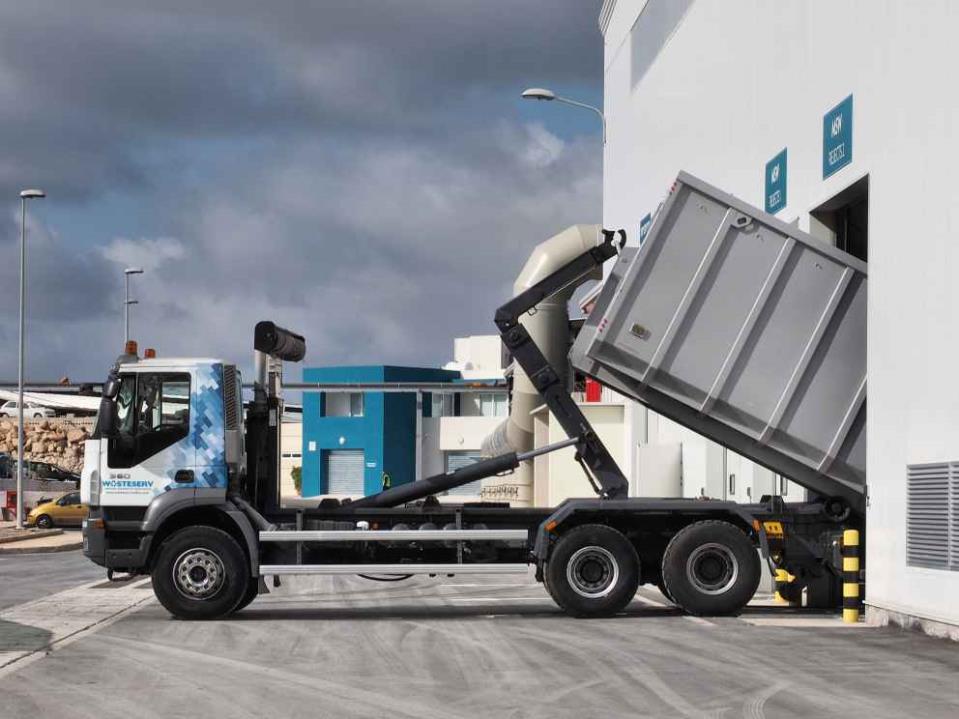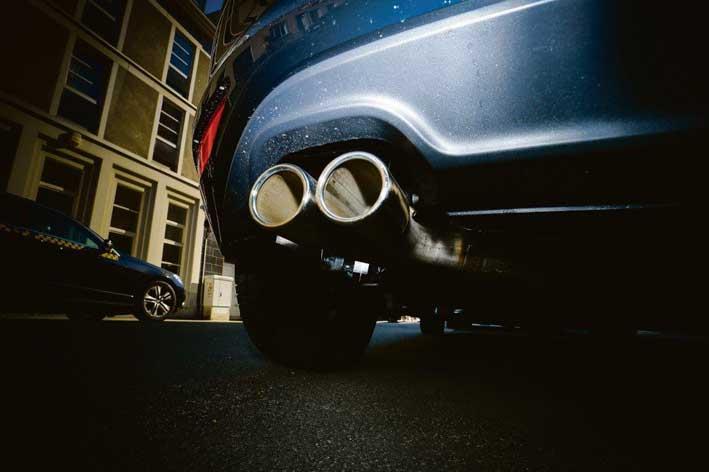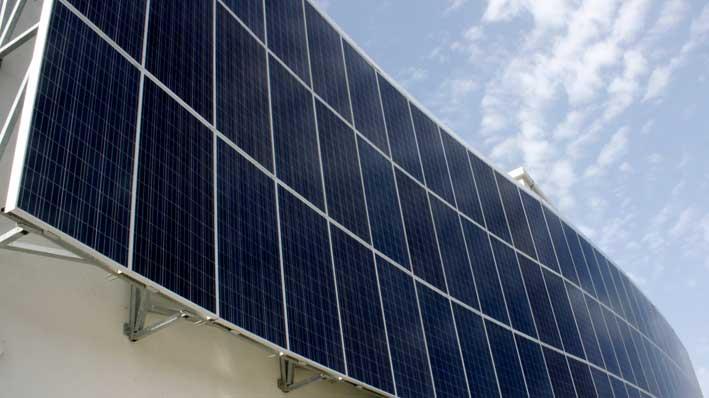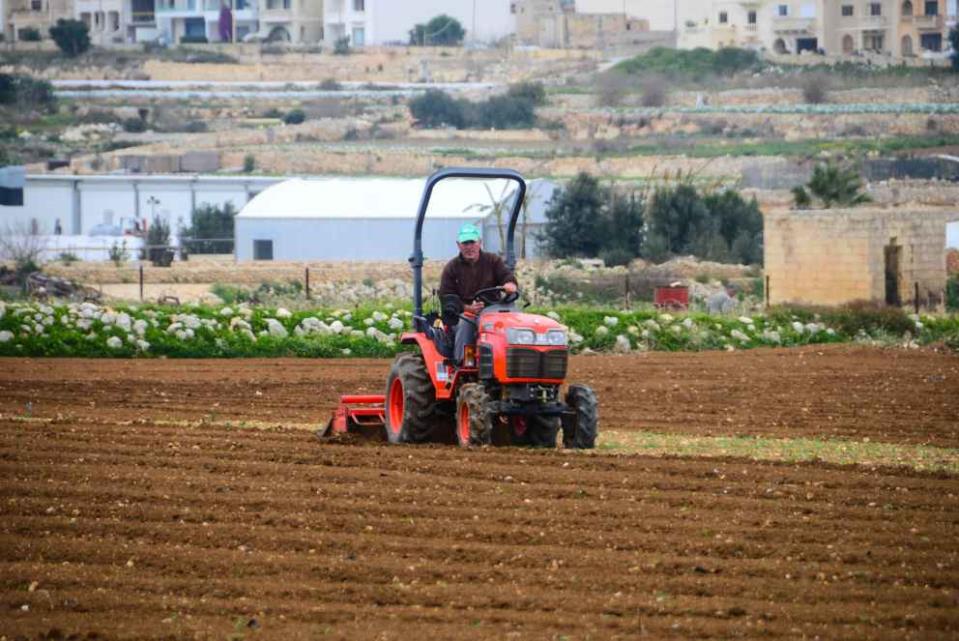As part of its Environmental Implementation Review, the European Commission has published a number of country-specific profiles detailing the challenges and opportunities faced by each member state.
It should come as no surprise that, as the EU’s most urbanised, most densely populated and smallest member state, Malta faces a number of specific challenges.
These overriding considerations – as well as the country’s scarcity of natural resources, in particular water – pose very specific challenges for Malta.
The study found “a strong public support for environmental protection is rooted in the need to safeguard Malta’s natural values for future generations, and also due to its economic importance for tourism”.

The main challenges
According to the review, the main challenges with regard to the implementation of EU environmental policy and law in Malta are:
· Speeding up the implementation of EU waste-management requirements, as landfill rates are extremely high and recycling rates very low, as well as improving water management to ensure protection of water bodies and prevent flash floods.
· Improving the air quality in the most urbanised areas by introducing systemic solutions for transport congestion.
· Improving the protection of habitats and species of EU interest by fully implementing the Natura 2000 instruments and strengthening the enforcement of the Birds Directive.

Main opportunities
Malta, according to the study, could perform better in areas where there is already a good knowledge base and good practices. This applies in particular to:
· Supporting Small and Medium Enterprises (SMEs) to move towards a more circular economy.
· Improving compliance assurance by stepping up inspections and enforcement action.
· Investing in making the tourism sector more sustainable which is a double win: less environmental pressure and a more attractive tourist destination.
Points of excellence
Where Malta is a leader on environmental implementation, innovative approaches could be shared more widely with other countries. Some concrete examples outlined are:
· The protection of traditional stone walls throughout Malta as Green Infrastructure delivering multiple benefits for agriculture and the environment.
· A national flood relief project, co-funded by the EU Cohesion Fund.

Some of the suggested actions
Eco-innovation
• Stimulate investment in green products and services and the development of sustainable tourism
• Make incentives for SME resource efficiency and eco-innovation more effective
Waste management
• Introduce a landfill tax and gradually increase it to divert recyclable waste from the landfills. Use the revenue to support the separate collection and alternative infrastructure in conjunction with a better allocation of the cohesion policy funds to the first steps of waste hierarchy. Avoid building excessive infrastructure for the treatment of residual waste.
• Step up efforts on the implementation of the separate collection obligation to increase recycling rates (eg a reform of door-to-door separate waste collection). Use economic instruments (eg Pay As You Throw schemes) and education campaigns to support transition towards more recycling.
• Strengthen and empower enforcement capability, including inspection and enforcement, to ensure subscribing to collection services.

Nature and biodiversity
• Complete the Natura 2000 designation process and put in place clearly defined conservation objectives and the necessary conservation measures for the sites and provide adequate resources for their implementation in order to maintain/restore species and habitats of community interest to a favourable conservation status across their natural range.
• Develop and promote smart and streamlined implementation approaches, in particular with regard to site and species permitting procedures, ensuring the necessary knowledge and data availability. Strengthen communication with stakeholders.
• Ensure that hunting and trapping practices remain aligned to the requirements of the Birds Directive by continuing the enforcement efforts, more effective regulation and also by investing in education and awareness-raising programmes.
Estimating natural capital
• Strengthen support for the mapping and assessment of ecosystems and their services, valuation and development of natural capital accounting systems.
Green infrastructure
• Develop a comprehensive strategy and action plan to tackle traffic congestion in order to reduce air pollution and related health costs.

Water quality and management
• Improve monitoring and status assessment under the Water Framework Directive. Better justify the exemptions to the Water Framework Directive environmental objectives applied on the basis of article 4(4). Further improve the RBMP Programme of Measures to address all relevant pressures and implementation gaps, in particular linked to agricultural pollution by nutrients and over-abstraction of groundwater. Measures should be properly financed.
• Combine flood management with water retention in a comprehensive way, also considering the serious water scarcity problems.
• Strengthen control and enforcement of measures to prevent and reduce nitrate pollution.
Effective governance
• Improve the timely reporting under EU environmental legislation and ensure sufficient staff capacity for this purpose in particular and more generally for a more effective implementation and enforcement of the environmental policy.
• Ensure that the newly established Environment and Resources Authority has strong responsibilities. There should be clear and transparent processes for the authorisation of facilities and activities that impact on the environment.
• Step up efforts in the implementation of the Environmental Liability Directive (ELD) with proactive initiatives, in particular by setting up a national register of ELD incidents and drafting national guidance, as well as ensuring an effective system of financial security for environmental liabilities (so that operators not only have insurance cover available to them but actually take it up).
• Take the necessary measures to ensure that the costs of legal challenges involving EU environmental law are not prohibitively expensive and are in line with the requirements of EU law as well as the Aarhus Convention.